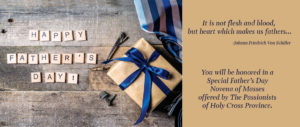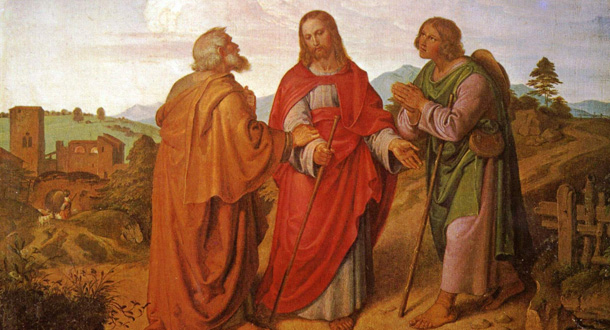
Memorial of the Passion of Saint John the Baptist
Scripture:
1 Corinthians 1:26-31
Mark 6:17-29
Reflection:
With the reemergence of comic superheroes, a new phrase or question has developed, “What is your superpower?” A question that helps us to think about the special gift or talent we possess that might assist others. The Church calls these charisms. They are the graces/gifts and talents given to us by God, intended to build up the Body of Christ.
Saint John the Baptist knew that his charism was to preach and proclaim the coming of the messiah. He held fast to his gift of preaching and teaching and put his life on the line to speak the truth when it came to confronting Herod Antipas about his marriage to his brother’s wife when his brother was still living. While Herod Antipas, a “king” with “power” could not stand up to the truth when his wife asked for the “head of John the Baptist”. He could not humble himself and say no to the request. It would have been “humbling” for him to do so. He might have seem weak. What would people think of a king not keeping a promise?
When given power we need to know what to do with it. In the scriptures today we have two great examples of the choices we have in using our “power” or charism. We can use it for a greater good and it may cost us friends, job or opportunities. Or we may use it to make us “king of the hill”. Walking over others and ignoring the truth as we climb up to what we think is our goal. Not an easy choice when “human wisdom”/society tells us that it is okay to climb our way up and if someone next to me is falling down well, too bad for them. On the other hand, our faith says that we can all climb together helping each other to achieve our goals. In doing so we build up the “Body of Christ”
What are your gifts and talents? How are you using these to build up the “Body of Christ”?
Linda Schork is a theology teacher at Saint Xavier High School in Louisville, Kentucky

 Scripture:
Scripture: Scripture:
Scripture:

 Memorial Day
Memorial Day Scripture:
Scripture: